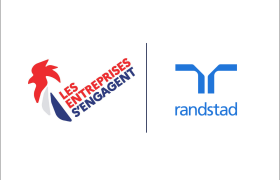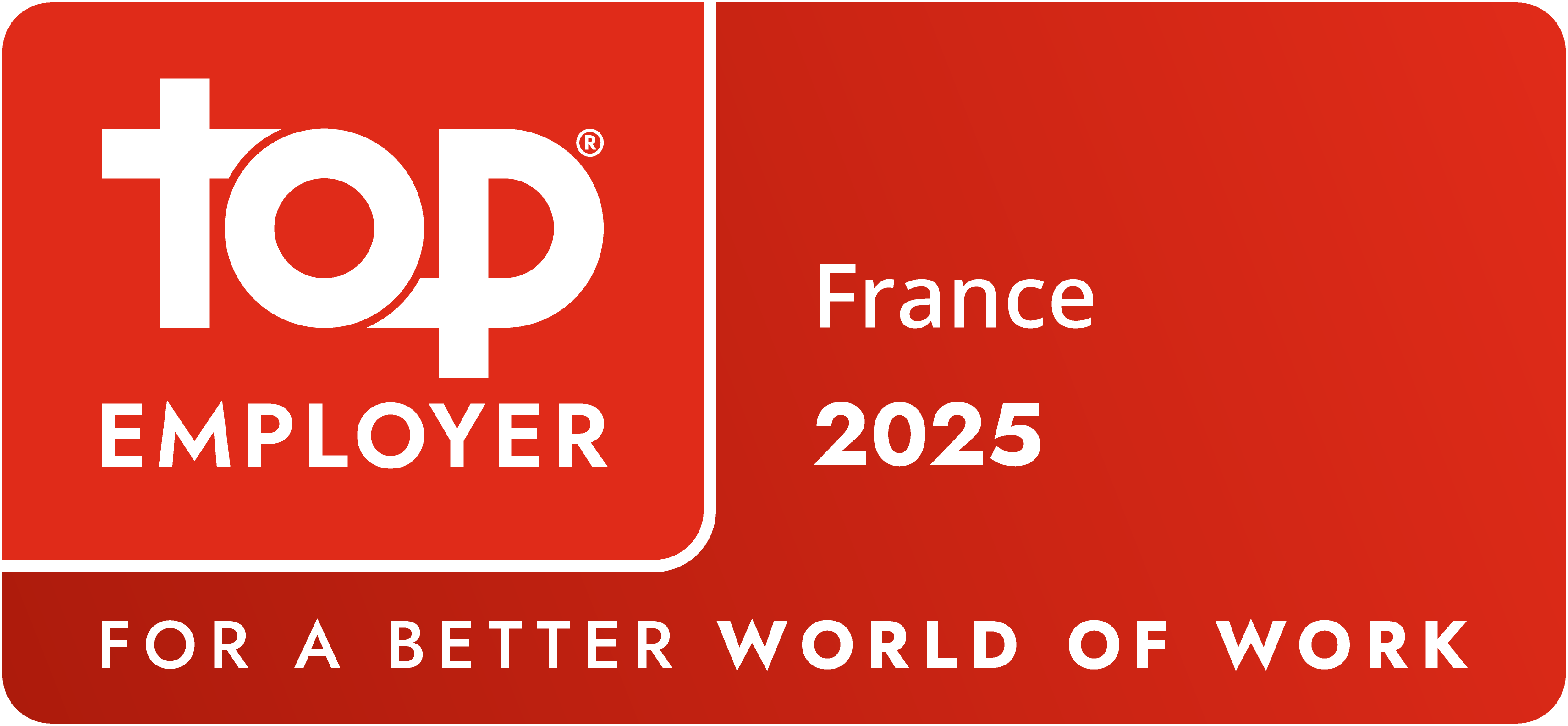points de vue.
Fondation Randstad : pour un monde du travail plus inclusif et solidaire
Pour donner une nouvelle dimension à plus de vingt ans d’engagement en faveur de l’inclusion, le groupe Randstad France lance sa Fondation d’entreprise. Ana de Boa Esperança, sa Directrice générale, en détaille la vocation : agir comme un laboratoire d’innovation sociale pour accélérer l’équité et la mixité des métiers, avec une attention particulière pour les femmes dans les filières d’avenir. Une ambition qui se concrétise dès son lancement par un premier grand appel à projets.
Lire l'article






